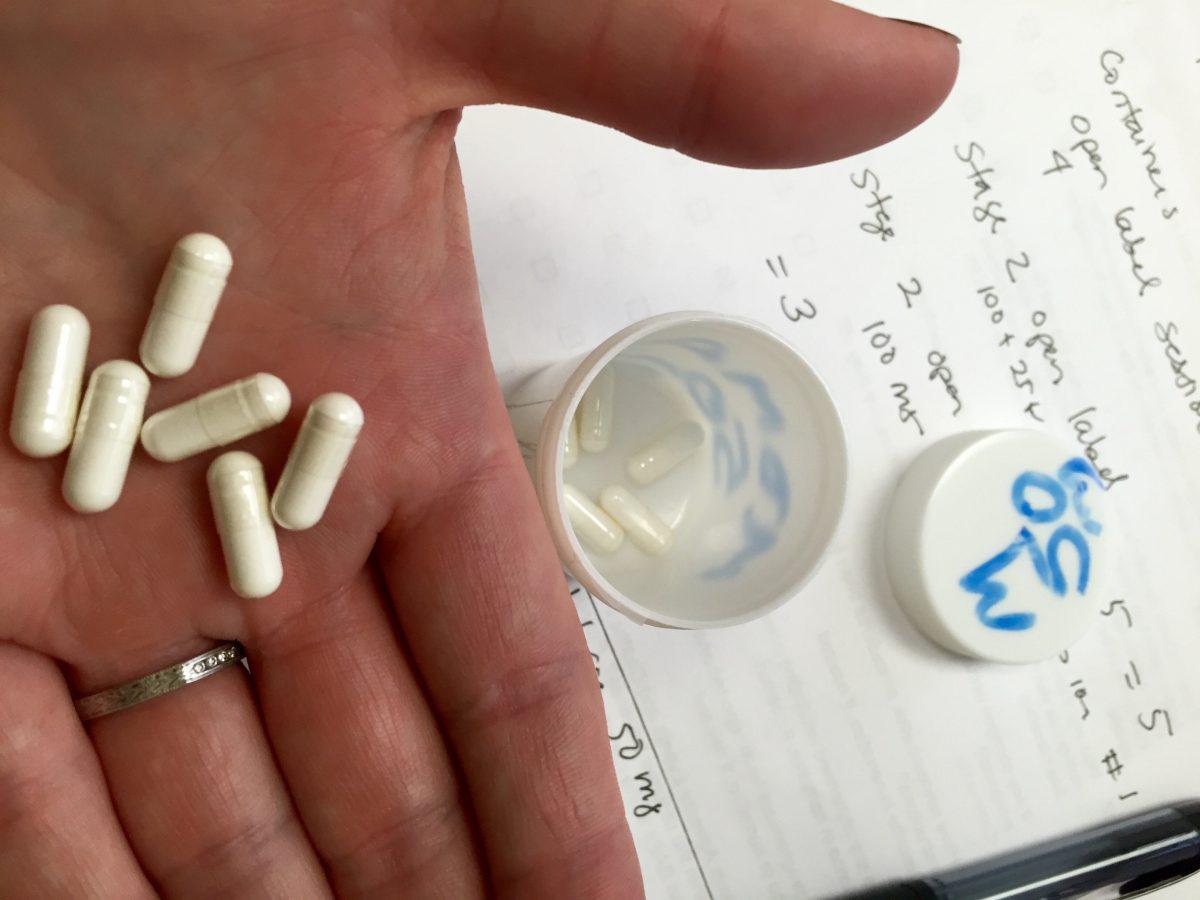LISTEN TO THIS ARTICLE:
A slew of recent legislation and scientific studies are paving the way to make MDMA treatment for PTSD a reality. Post-Traumatic Stress Disorder (PTSD) is a mental health condition that can develop after experiencing or witnessing a traumatic event. People experience flashbacks, avoidance behaviors, negative changes in mood, and hyperarousal. Traditional PTSD treatment normally centers around some forms of CBT with antidepressants and anti-anxiety medications to help manage symptoms. However, MDMA can play a special role when it’s combined with therapy.
How does MDMA help PTSD?
MDMA (3,4-methylenedioxymethamphetamine), also called “ecstasy is a synthetic drug that alters brain chemistry by increasing the levels of serotonin, dopamine, and norepinephrine in the brain. The most important one there is serotonin, which plays a big role in how fear is processed and remembered. Key to therapy, MDMA increases feelings of connection with others and helps people feel and express empathy. It also increases feelings of happiness, relaxation, and sociability. Unfortunately, MDMA also has a history as a drug of addiction and is often associated with raves and clubs. At high doses, MDMA is a powerful stimulant and hallucinogen. It dangerously raises blood pressure and can cause severe dizziness and seizures.
MDMA-assisted therapy for PTSD takes place over several weeks of sessions, each typically lasting several hours. People take controlled dose of MDMA, wait for the drug to take effect, and then participate in therapy. During these sessions, patients explore their traumatic experiences in a safe and supportive environment. The effects of MDMA helps them feel more able to confront difficult emotions and memories.
One of the key advantages of MDMA-assisted therapy over traditional treatments for PTSD is the speed at which it can produce results. While traditional therapy for PTSD can take months or even years to see significant improvements, the effects of MDMA-assisted therapy can be felt after just a few sessions. This is particularly important for patients who are struggling with severe and debilitating symptoms and who may not have the luxury of waiting months or years for relief.

Supportive studies
Studies over the past few years have shown promising results for MDMA-assisted therapy in treating PTSD. One of the most powerful trials compared therapy with MDMA vs therapy without it. At the end of treatment, over half of the people who received MDMA no longer met criteria for PTSD. Many months later, not only had those effects held strong, many participants reporting continued improvements in symptoms after the end of the treatment. At one year after treatment, 2 out of 3 people who got MDMA were relieved of most PTSD symptoms. Fewer than 1 in 4 people who didn’t receive MDMA saw the same benefits.
Another study from 2020 compared PTSD treatment using therapy with MDMA to therapy and a placebo. As in the earlier study, roughly two-thirds of people who received MDMA had a major drop in PTSD symptoms at the end of the study. It even worked better than therapy combined with Sertraline (Zoloft) and paroxetine (Paxil), the two top-choice SSRIs for treating PTSD. The study also found that participants who received MDMA-assisted therapy had significant improvements in depression compared to those who received placebo. Most importantly, this was a “stage 3” trial, which represents the last step in research before FDA approval.
Almost there
If MDMA-assisted therapy works better and faster than existing treatments for PTSD, why isn’t it available to everyone yet? Like any drug, MDMA can have negative side effects, including increased heart rate, blood pressure, and body temperature. It can also cause nausea, sweating, and tremors. While these side effects are generally mild and temporary, they can be more serious in patients with underlying medical conditions. Additionally, MDMA-assisted therapy is not suitable for everyone. People with a history of substance use disorders may not be good candidates for treatment. People who were recently or currently on SSRIs may see less immediate benefit as well.
Despite these risks, the potential benefits of MDMA-assisted therapy for PTSD are significant. For patients who have struggled for years with debilitating symptoms and not found relief through traditional treatments, MDMA can offer a new and effective option. MDMA therapy is not available as a magic bullet yet, but it may be by 2024. MDMA has shown promising results in treating PTSD, offering a faster and more effective alternative to traditional methods.


 Learn
Learn Get News
Get News Find Help
Find Help
 Share
Share
 Share
Share
 Share
Share
 Share
Share



